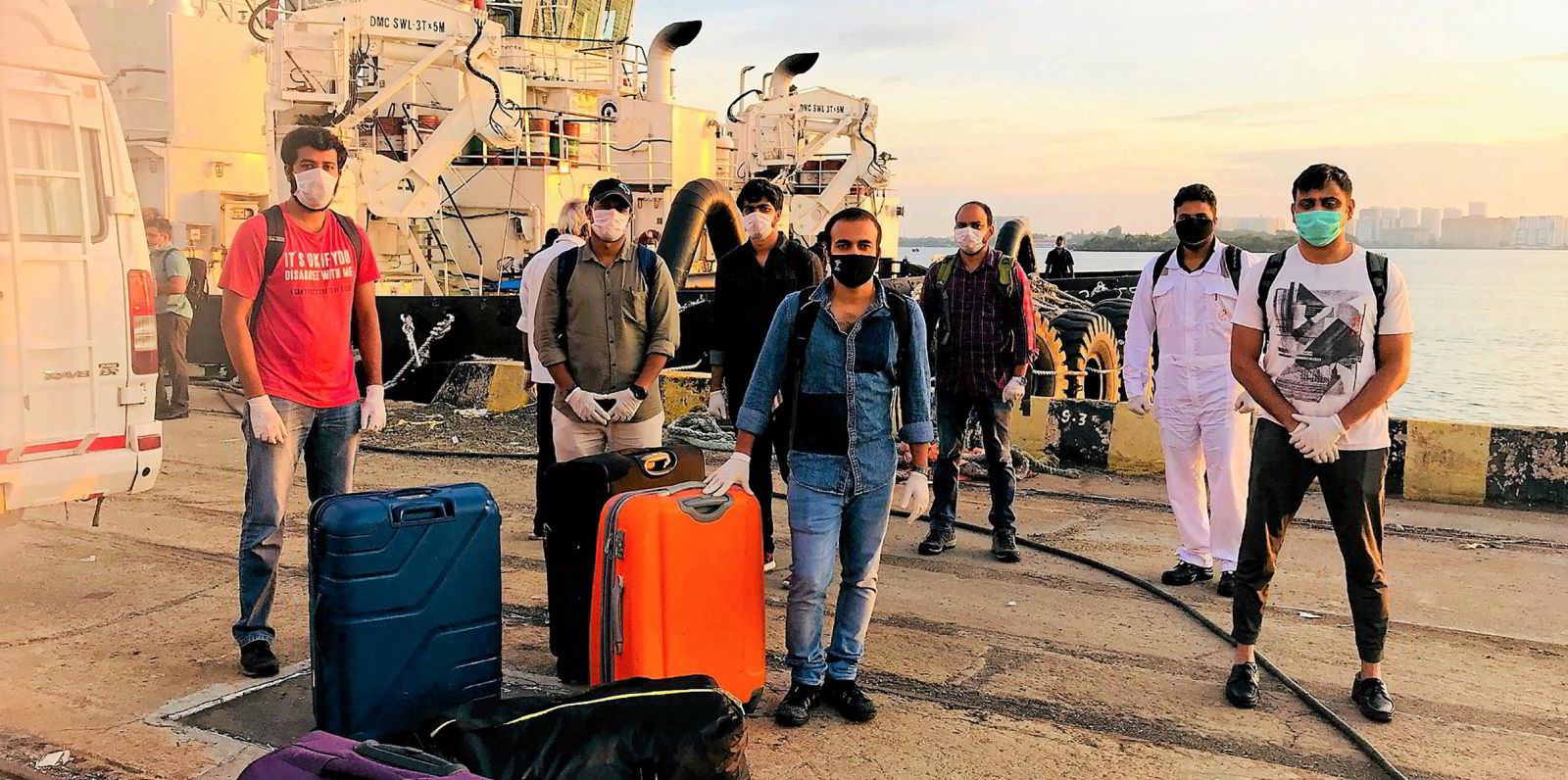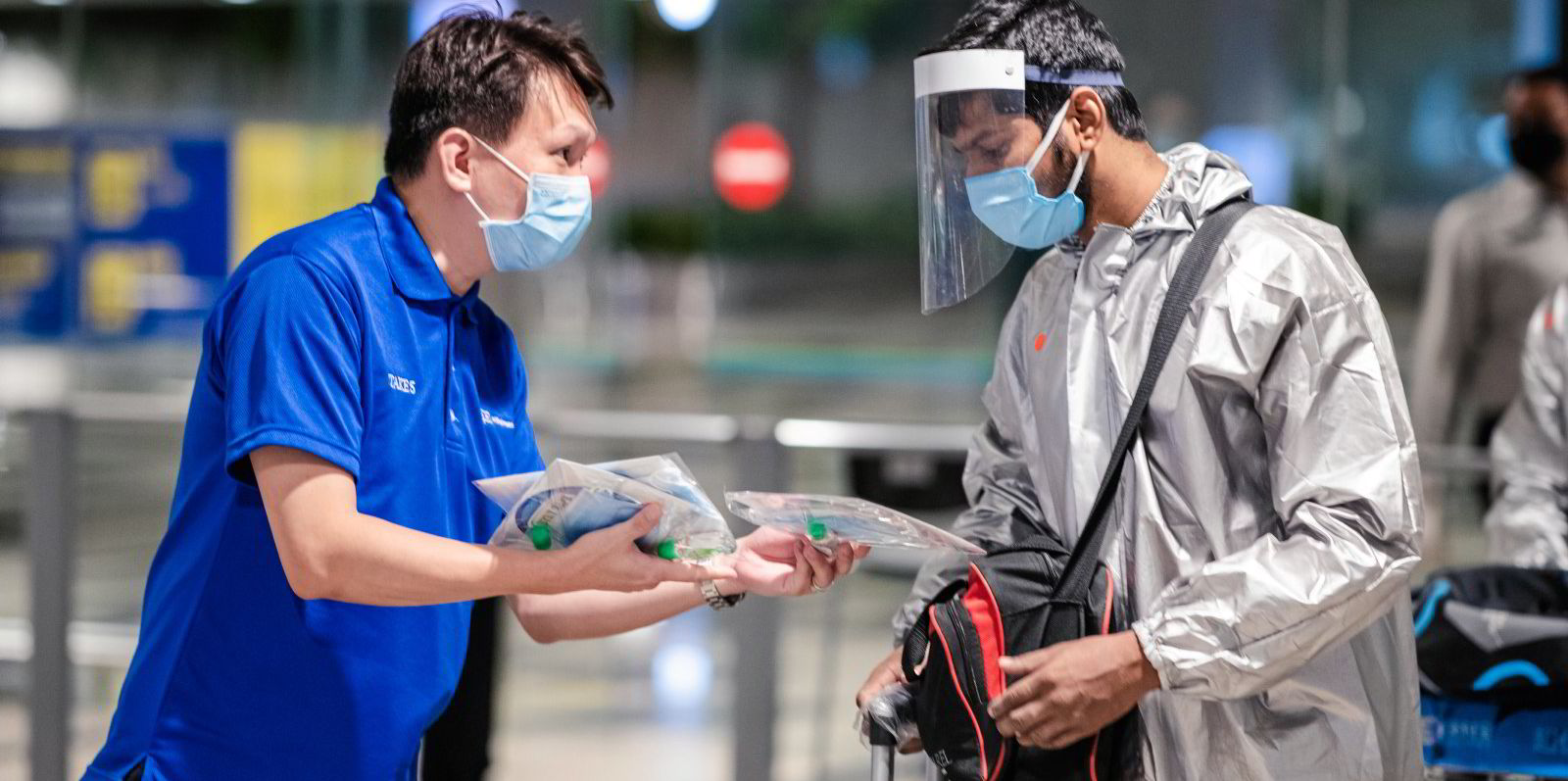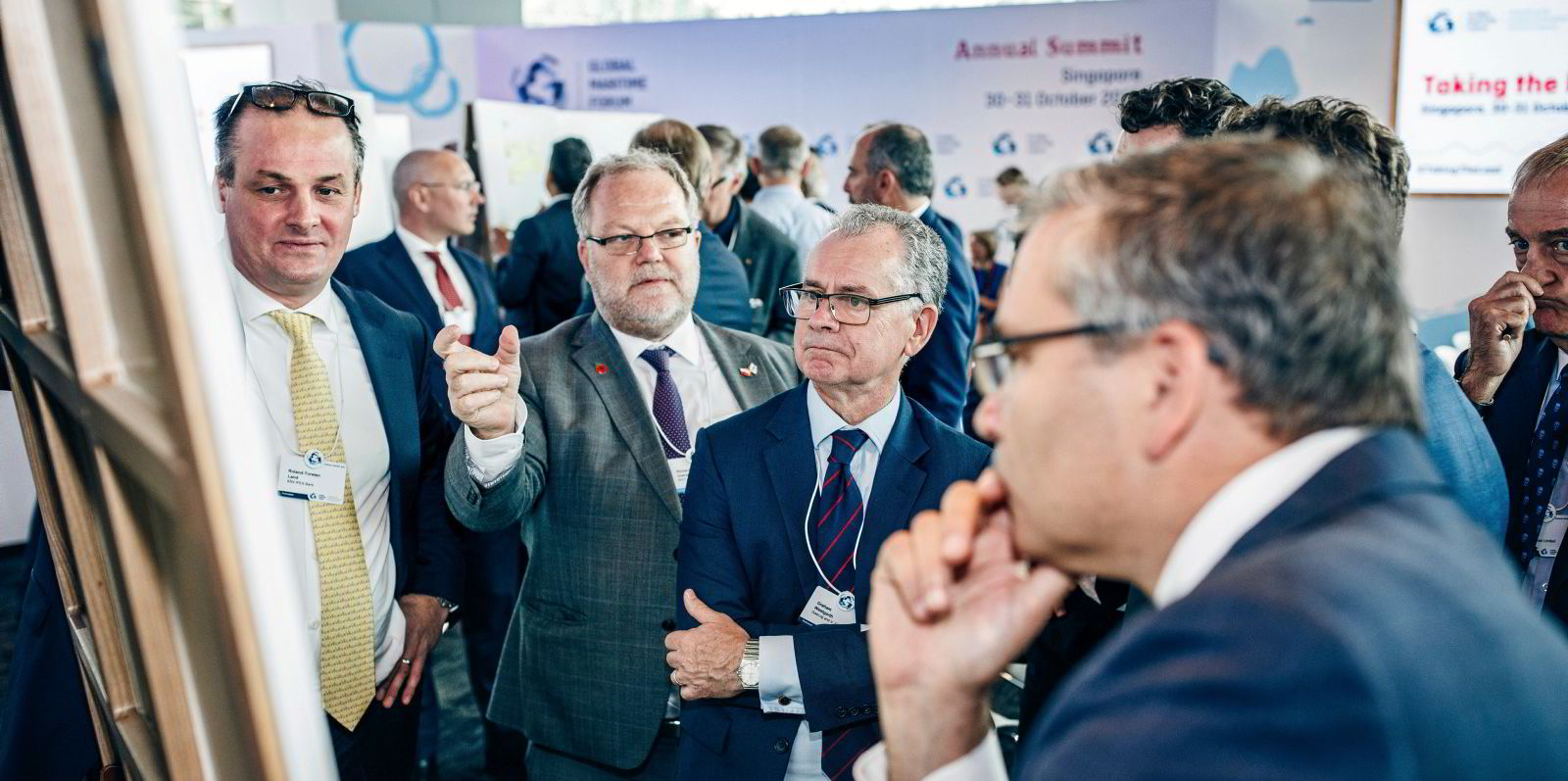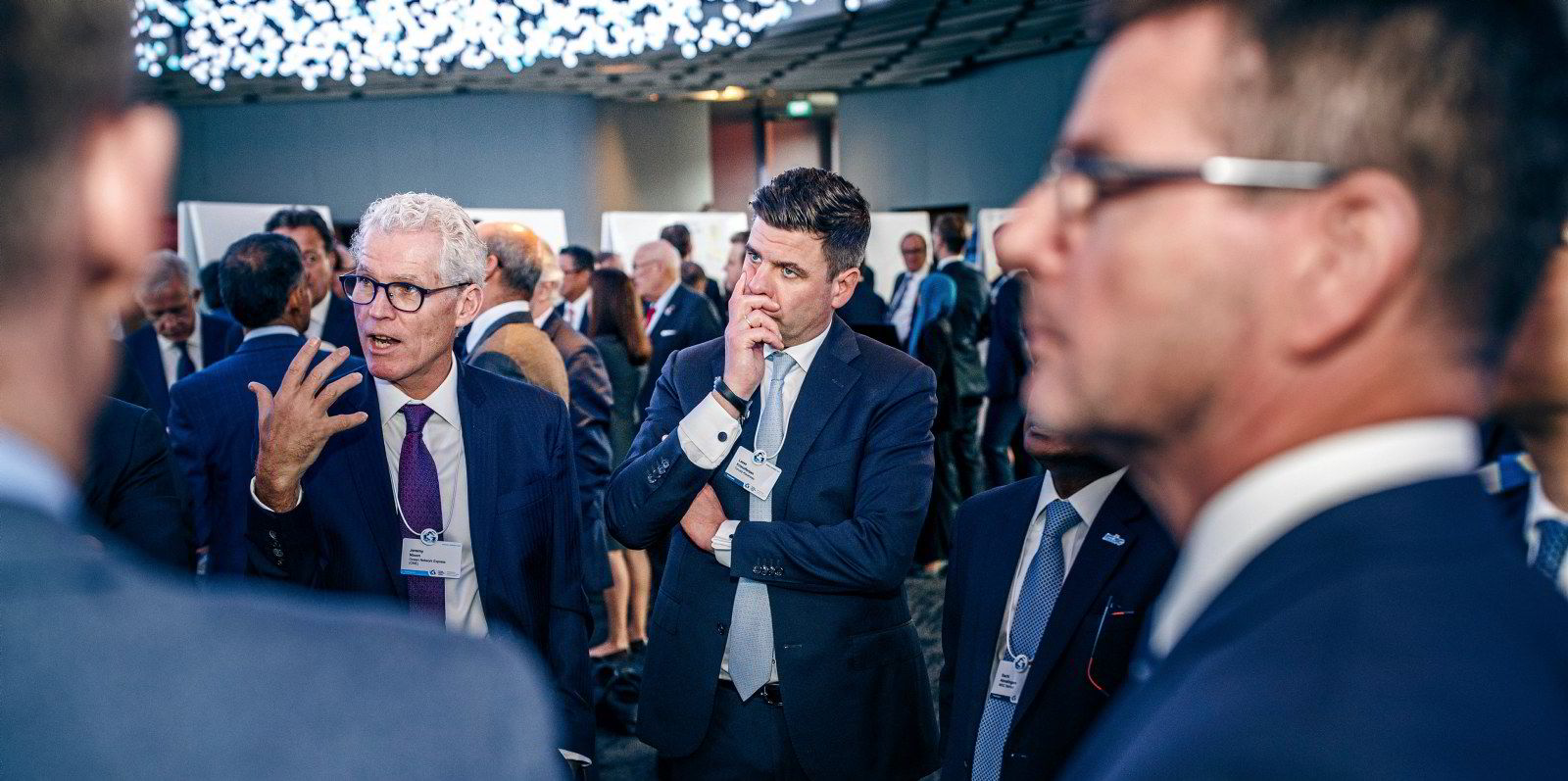Some vessel charterers are seeking to avoid crew changes before and during their voyages, according to Klaveness Combination Carriers chief executive Engebret Dahm, despite hundreds of thousands of seafarers stranded at sea.
With tight immigration restrictions across the globe during the coronavirus pandemic, changing crews on time has become much more costly, time-consuming in general and, on some occasions, impossible.
In a Marine Money virtual forum on Wednesday, Dahm said some charterers are even inserting new clauses in shipping contracts that could prevent seafarers from finishing their shifts.
“Customers are putting in restrictions on charterparties, saying that there should be no crew change during charters and no crew change 14 days before the start of charters,” he said.
Some ports have extra quarantine measures for vessels that have changed crews within 14 days of their calls, which would often delay the completion of voyages.
Dahm called on charterers to coordinate more with shipowners in facilitating crew changes during the crisis.
“The customers have to accept the responsibility to work with the shipowners to get this moving,” he said.
“It’s not easy at the moment … I think we have managed to find ways, but it costs money.”
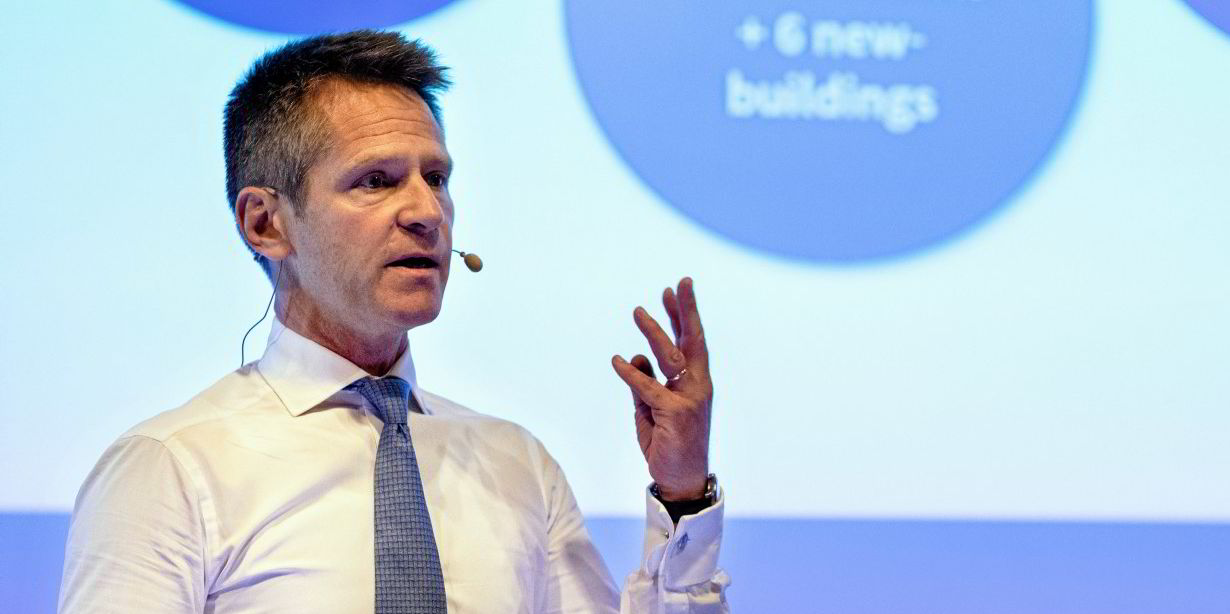
His remarks came after Intercargo reported in November that some bulker charterers were preventing crew changes from taking place during their contract periods, despite that the shipowners agreed to swallow the associated costs.
The trade group then described such practices as “appalling” and “non-compassionate”, saying they flew in the face of industry-wide efforts to solve the global crewing crisis.
Hollywood can hep
The International Maritime Organization and various shipping bodies have established safe crew-change protocols and been calling on the governments to recognise seafarers as key workers since last year.
Earlier in January, 314 owners, charterers, lenders and industry organisations signed the Neptune Declaration, pledging action on the changeover crisis and working towards early vaccinations for seafarers.
The declaration stipulates that no charter contracts should contain clauses that keep necessary crew changes from happening.
TradeWinds reported the signatories seek to gain critical mass via the industry initiative and take the measures to governments.
Ridgebury Tankers chief executive Robert Burke, who used to work at sea himself, said the governments have failed to prioritise crew welfare due to the lack of public pressure.
“There aren't many industries farther from the public's mind than shipping,” said Burke, adding that the authorities often see ships as “a threat” that could bring diseases and cause oil spills.
In a half-joking tone, Burke said the industry may need to relay on Hollywood power to raise public awareness so the crisis can be resolved.
“People got all the things to worry other than our seafarers in the middle of the ocean,” he said.
“With the crowded public space and people screaming for attention, the only time you see massive change in anything is when people start tweeting about a massive movie.”
Ridgebury and Torvald Klaveness — parent group of Klaveness Combination Carriers — have signed up to the Neptune Declaration.
